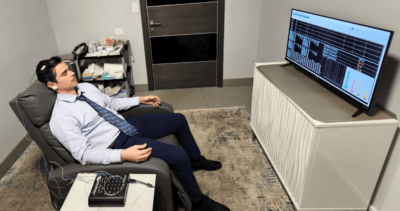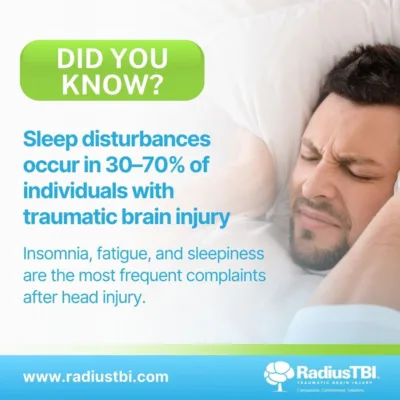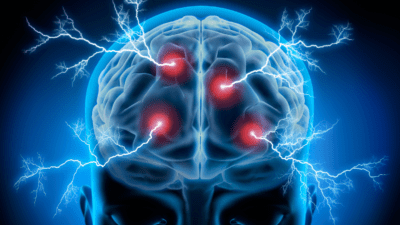TBI/ Concussion Diagnosis
Integrative Care for Concussion / Traumatic Brain Injury Sufferers
in Ft. Lauderdale, Tampa and Orlando, FL
TBI/ Concussion Diagnosis
in Ft. Lauderdale, Tampa & Orlando, FL

Neurologist/ Neuro-ophthalmologist in-house
Any time trauma to the head occurs, a neurologist and neuro-ophthalmologist should perform a medical examination to look for concussion symptoms or traumatic brain injury (TBI). Symptoms of a more severe brain injury are immediate and obvious. Still, numerous subtle or delayed signs of brain injuries go undetected for some time, including problems sleeping, feelings of depression, and fatigue.
Comprehensive Neurological Exam
Since many concussion symptoms are undetectable with MRI or CT scans, Radius TBI offers a wide range of in-depth diagnostic tools for TBI/ Concussion Diagnosis. Our Ft. Lauderdale & Tampa neurologists begin with a comprehensive neurological exam. After reviewing your medical history, we will evaluate the severity of each symptom you have experienced. Symptoms can include mood changes or changes in social interactions.
During the interview, the brain injury specialist takes an in-depth look at the health history. This can include pre-existing learning disabilities and psychological conditions to determine the extent of the injury before making treatment recommendations.
Neuropsychological Evaluation
The neurological exam also includes a neuropsychological evaluation (neuropsychological assessment). A neuropsychologist assesses memory function, intellect, emotional status, executive functioning (higher cognitive abilities), attention and focus ability, and visual, perceptual, or constructional ability. Our neuropsychologists will conduct a comprehensive interview to understand the emotional and cognitive changes better.
We then perform a physical exam to assess motor function, reflexes, muscle tone, balance control, sensory function, cognitive abilities, and nervous system involvement. Depending on the results, we may perform diagnostic and clinical testing to ensure an accurate diagnosis.
During the interview, the brain injury specialist takes an in-depth look at the health history. This can include pre-existing learning disabilities and psychological conditions to determine the extent of the injury before making treatment recommendations.
We then perform a physical exam to assess motor function, reflexes, muscle tone, balance control, sensory function, cognitive abilities, and nervous system involvement. Depending on the results, we may perform diagnostic and clinical testing to ensure an accurate diagnosis.
According to the Centers for Disease Control and Prevention:
There were approximately 223,135 TBI-related hospitalizations in 2019 and 69,473 TBI-related deaths in 2021.
- This represents more than 611 TBI-related hospitalizations and 190 TBI-related deaths per day.
- These estimates do not include the many TBIs that are only treated in the emergency department, primary care, urgent care, or untreated.
Symptoms of TBI can range from mild to severe, depending on the extent of the injury. Some common symptoms of TBI include headaches, dizziness, confusion, memory problems, and changes in mood or behavior. Sometimes, symptoms may not appear immediately after the injury and may develop gradually.
It’s important to note that TBI/ Concussion Diagnosis can be challenging, particularly in cases of mild TBI. Sometimes, symptoms may be subtle or not appear immediately after the injury. Additionally, symptoms of TBI can be similar to those of other conditions, such as post-traumatic stress disorder (PTSD) or depression.
TBI/ Concussion Diagnosis may include
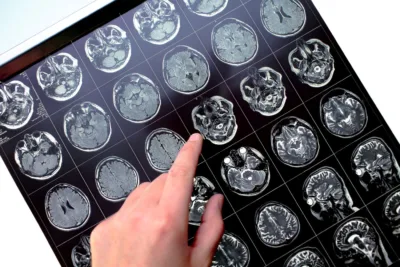
qEEG BRAIN MAPPING
A quantitative EEG (qEEG) measures brainwaves and converts them into color maps to determine brain function. This innovative tool allows for treatments to be customized based on areas of the brain that are affected.
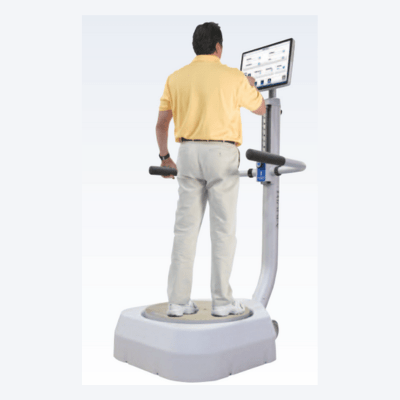
BALANCE ASSESSMENT
An in-depth evaluation to assess your risk of balance disorders commonly associated with mild TBI. Our balance assessments can identify balance issues within two minutes. We use the findings to develop a conditioning program to improve your vestibular system and central nervous system processing. To learn more about our process and to schedule a consultation.
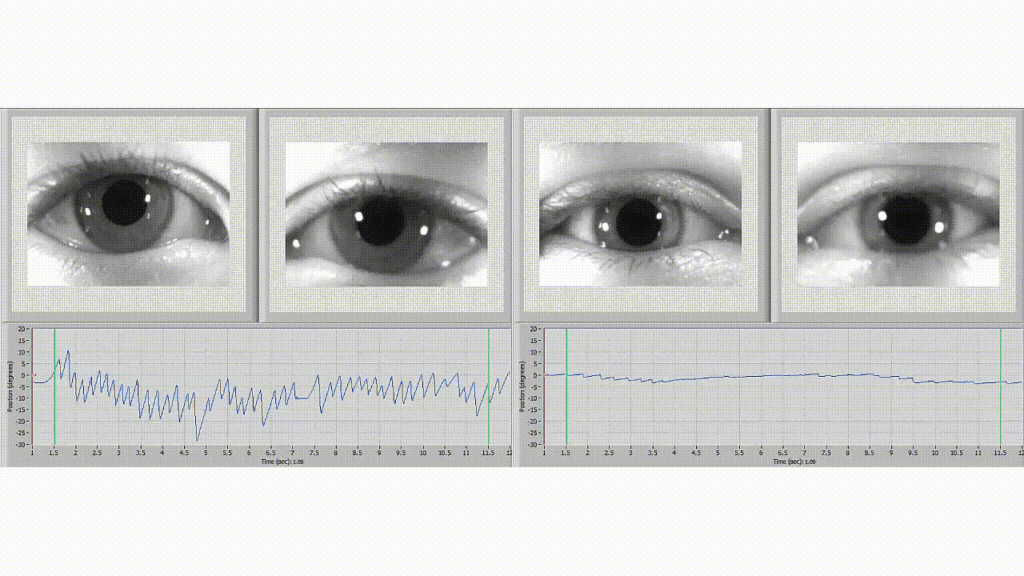
Videonystagmography (VNG)
Videonystagmography (VNG) is a vestibular assessment tool to test inner ear and central motor functions. They are used to determine the cause of vertigo, loss of balance, and dizziness after a brain injury. ENGs measure eye movement and eye muscle control to determine how your eyes, inner ears, and brain work with one another.
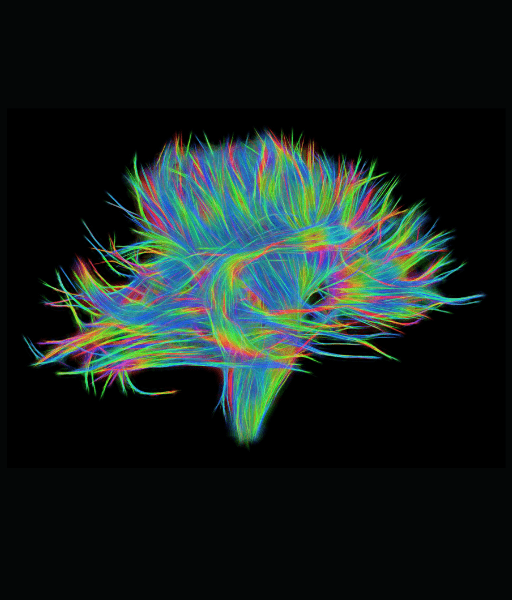
DTI IMAGING
Diffusion tensor imaging (DTI) is a revolutionary new magnetic resonance imaging (MRI) technique to diagnose microstructural neurological changes or abnormalities in the white matter of the brain.
Early diagnosis and treatment can make a significant difference in the outcome of the injury and can help prevent long-term complications.
TBI diagnostic requires a comprehensive evaluation of the individual’s symptoms, medical history, and neurological functioning.
Healthcare providers may use various diagnostic tools, including imaging tests and cognitive assessments, to confirm the diagnosis and identify any cognitive deficits associated with the injury.
If you or a loved one has experienced a head injury and is experiencing symptoms of TBI, seeking medical attention as soon as possible is crucial for promoting recovery and preventing long-term complications.
QEEG Brain Map Interpretation
In the world of neuroscience, one of the advanced tools used to understand brain function is the Quantitative Electroencephalogram (QEEG), often referred to as brain mapping. But who interprets these intricate brain maps, and why...
Read More>>Meet Our No.1 Best Neuropsychologist in Tampa, FL Location
At Radius TBI, we pride ourselves on providing exceptional care for individuals suffering from traumatic brain injuries (TBI) and concussions. Our integrated medical team in Tampa, FL, includes some of the most respected and experienced...
Read More>>Sleep Disturbance
Did you know? Dealing with a traumatic brain injury (TBI) often means navigating a range of complications, one of the most prevalent being sleep disturbances. Surprisingly, 30-70% of individuals with a TBI experience some form...
Read More>>Understanding Routine EEG, QEEG, and Ambulatory EEG Tests
EEG, QEEG, and Ambulatory EEG are distinct forms of electroencephalography, each serving unique purposes in the diagnosis and monitoring of neurological conditions.
Read More>>

